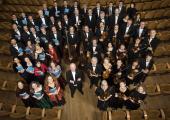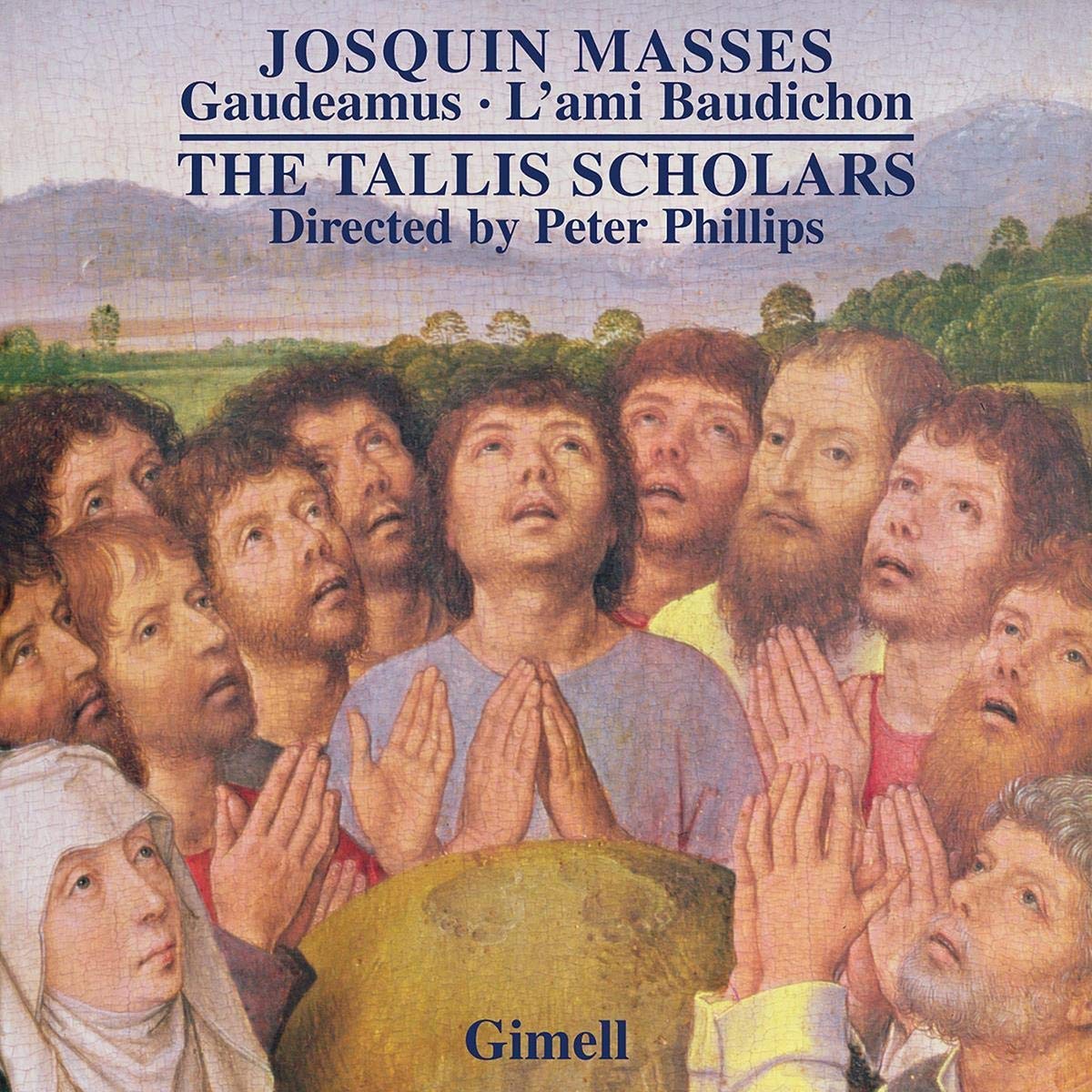Henry Moore at Houghton Hall: Nature and Inspiration review - big views bring new light



Often the greatest works of dramatic absurdism spring from the worst extremes of human experience, whether it’s Ionesco’s Rhinoceros responding to fascism, or Havel’s The Garden Party satirising the irrational cruelties of Prague’s Soviet occupiers.

For the final instalment of their three Matthew Passions this Holy Week, Ex Cathedra gave a large scale performance of Bach’s oratorio in their home town on Birmingham, after dates with lesser forces in London and Bristol. With an augmented orchestra and their regular chamber choir and orchestra joined onstage by Ex Cathedra’s Academy of Vocal Music - Ex Cathedra’s strand for young singers - and members of various community choirs in and around BIrmingham, the collective masses on stage made a full, fabulous sound, which filled Symphony Hall.

Practitioners of musical authenticity and scholarly research, so guarded and protective of their territory in the early days, now like to spread the love around.

I’m here in Leeds at the end of five weeks of quite intense rehearsals for Opera North's new production of Mozart's The Magic Flute. Our director James Brining and his amazing team (including assistant director Deborah Cohen, set and costume designer Colin Richmond, and choreographer Tim Claydon) are putting it on the stage, and I’m ably assisted by George Jackson and Philip Voldman.

It can be fascinating to see ourselves as others see us. In this case, Athens-born director Yorgos Lanthimos (The Killing of a Sacred Deer, The Lobster) brings his acute eye to the English country-house period drama in a scintillatingly warped portrait of the dysfunctional court of Queen Anne.

 Josquin: Missa Gaudeamus, Missa L’ami Baudichon The Tallis Scholars/Peter Phillips (Gimell)
Josquin: Missa Gaudeamus, Missa L’ami Baudichon The Tallis Scholars/Peter Phillips (Gimell)